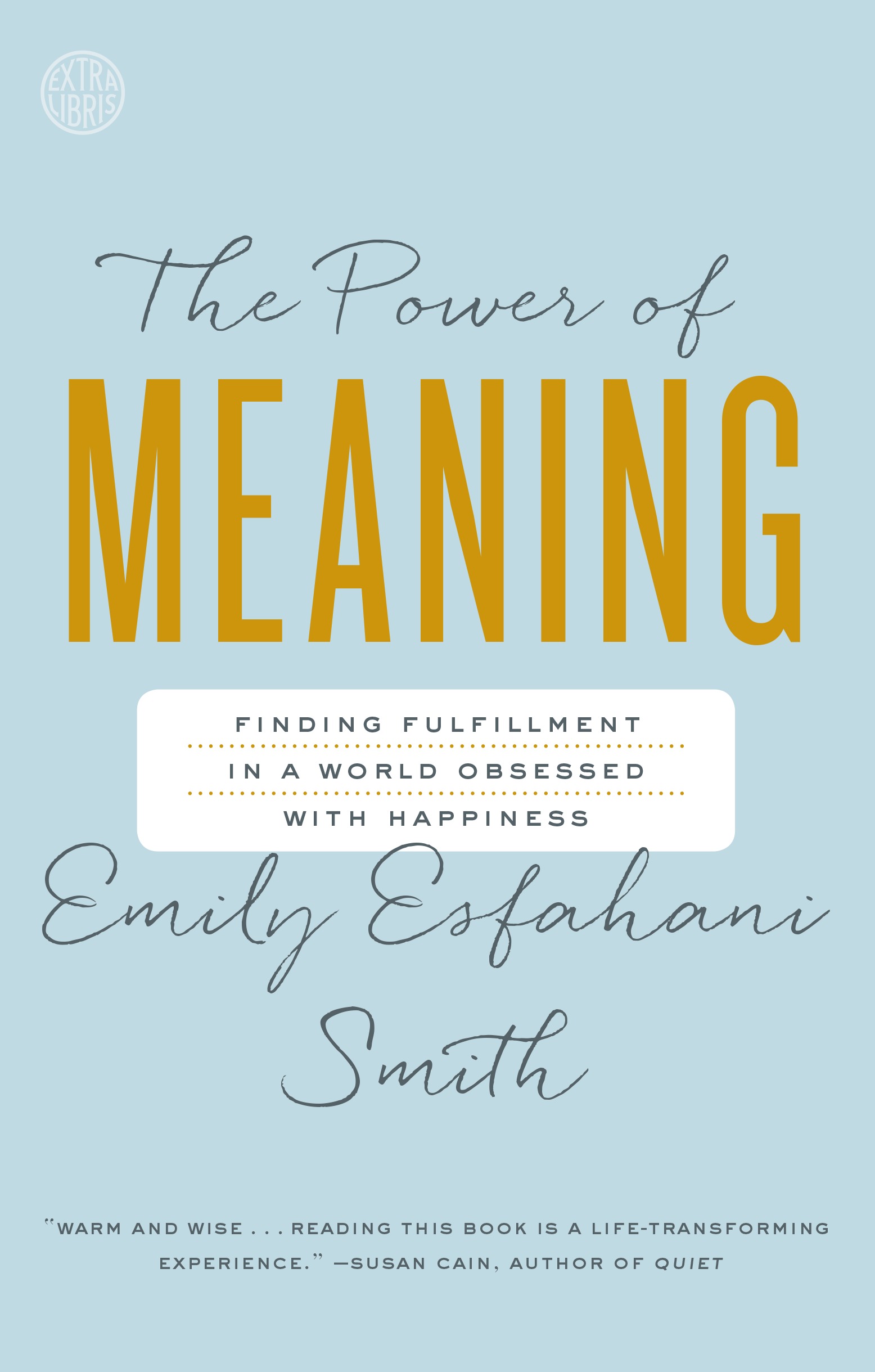Hobey Baker, a turn-of-the-century athlete, is all but forgotten today—a revealing case of cultural amnesia. What Baker represented, and what he still represents, is in short supply in our time: an athlete whose success is determined by his moral integrity, not by the number of wins he stacks up or by the sums of money he earns.
In his own era, matters were different. Baker was a famous, even legendary, amateur hockey player. He had the name recognition of today’s professional athletes. But there was an important distinction. Baker was the most celebrated hockey player of his day, not just for his skills on the ice (though those were extraordinary) or his strikingly good looks (he was known as “the blond Adonis”), but for his unwavering sportsmanship, civility, and good character, descriptors that are difficult to apply to today’s celebrity-athletes. Baker was not just another sportsman. He was what many young men of his day aspired to be: a gentleman athlete.
Baker was born in 1892 in Bala Cynwyd, a town on the affluent Main Line of suburban Philadelphia. In those years, the lithe Gibson Girl epitomized female beauty; the Gilded Age had made society wealthy; organized sports were gaining popularity as a way for the leisured classes to spend their spare time; and college athletics became a venue where young men could play out the old codes of chivalry and heroism on the field.
Baker’s parents were well-known in their aristocratic community, but they were remote figures in Baker’s life. Their marriage was falling apart when they sent the eleven-year-old Baker with his twelve-year-old brother Thornton off to an elite boarding school in New Hampshire. At the St. Paul’s School, modeled after English public schools like Rugby and Eton, Baker excelled at sports, especially hockey. By the time he was sixteen, he was playing with the St. Paul’s team in front of cheering crowds in New York who, in those more glamorous days, attended the games in limousines and carriages, dressed as if for the opera. . . . continue reading at The New Criterion.

